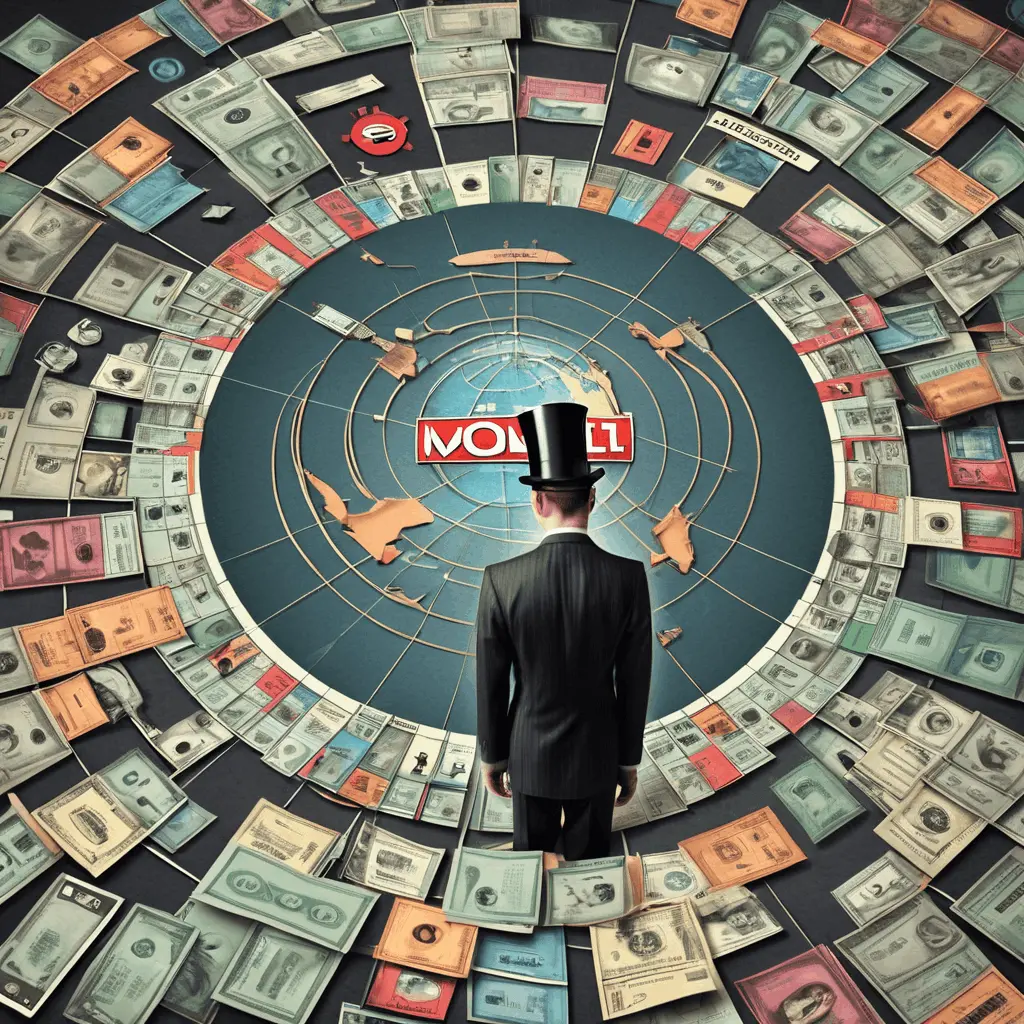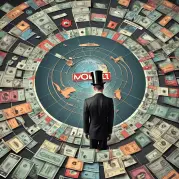
What If the Internet Had Been a Government Monopoly?
The internet, as a decentralized and global network, has revolutionized nearly every aspect of modern life. It has democratized information, fostered innovation, and connected people worldwide. However, the internet's history could have been drastically different had it been controlled and monopolized by a single government. This thought experiment explores a parallel reality where the internet is a government-controlled monopoly, examining the potential impacts on society, innovation, and global dynamics.




